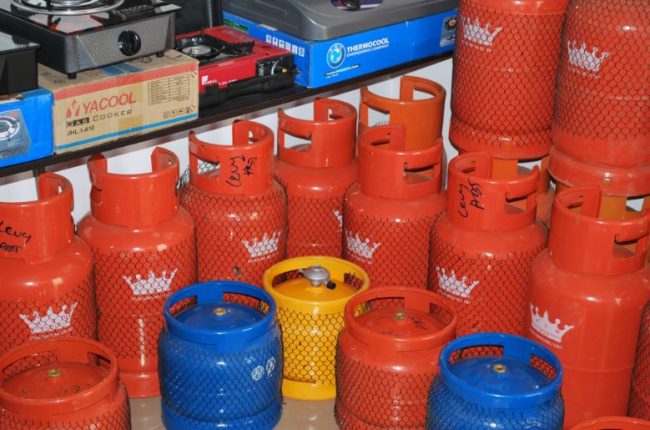Cooking gas prices in Nigeria, have increased by at least 100% between August 2021 and August 2022. This is according to recently-done research.
In what appeared to be a 105% increase within a 12-year period, refilling a 5kg cylinder increased from N2200 to N4500 within the period under review.
Expert blame cooking gas prices hike on poor policy
Reacting to the hike, an energy expert, Bala Zakka stated that the government has since been exploring poor policy, and as a result, a sharp increase was experienced.
“The reason is very simple and straightforward. The model the Nigerian leaders, in this case our economic and political leaders, are using for the downstream sector of the Nigerian oil and gas industry is very wrong. It is a wrong model.
“That is the simple reason. The answers are not far-fetched. Why is cooking gas not this expensive and inaccessible in other OPEC member countries and other gas exporting fora (Gas Exporting Countries Forum)?
“From natural gas, you can always get cooking gas, by the time you treat it. When you refine crude oil, the first product that will come out is LPG. In all the OPEC member countries that produce crude oil and have functional refineries, they are not complaining about cooking gas.
“It’s not part of their problem. The only countries that are complaining today are countries that do not have oil and gas.”
According to him, under ideal circumstances, the price of a kilo of cooking gas in Nigeria should not exceed N100, as was obtainable in other countries with abundance of oil and gas deposits.
“In Nigeria, the government does not believe that it is supposed to provide goods and services to the people at a reasonable rate. The government inserted a clause in the Petroleum Industry Bill that they want to deregulate.
“How can you deregulate the price of a sensitive product like refined petroleum products? How can you deregulate the price of products that do not have substitutes? Had it been cooking gas or kerosene had alternatives, then people would not bother.
“Now, everybody is feeling the demonic effect of what deregulation is all about. The price of kerosene has been deregulated and we are seeing the consequence. The price of diesel is deregulated and we are seeing the consequence on strategic industrial and commercial sectors,” Zakka added.













